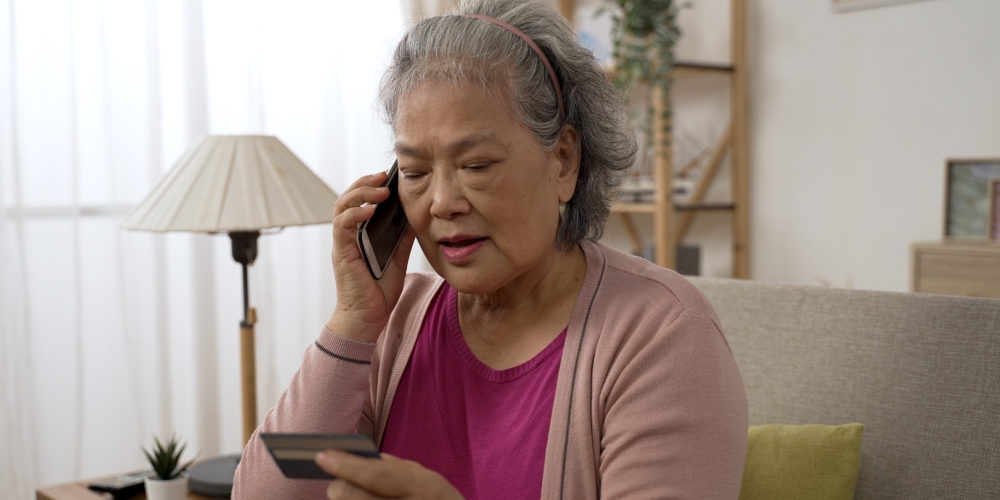
Thousands of scams get circulated every year, and they're not always easy to recognise.
Types of scams
Some of the most common types of scams include:
Visit Friends Against Scams to keep up to date with the latest scams.
What to look out for
Scams can be tricky to spot, however there are things you can look out for, such as:
Citizens Advice has a handy online tool that can give you advice on how to check whether something might be a scam and what to do if you've been a victim of one. Click here to find out more.
How to protect yourself
To help protect yourself from scams, you should:
If you're unsure about a financial services company, you can check if they're on the FCA register.
More information on what to look out for and how to protect yourself can be found on the Money Helper website.
Seeking help
If you're concerned that there's a scammer in your area or you've transferred money to a scammer in the last 24 hours, you should contact 101. If you feel threatened or unsafe, you should call 999 and ask for the police.
For more information on reporting scams click here.
Other organisations who can help
If you've been a victim of a scam, organisations such as Age UK and Citizens Advice can offer support.